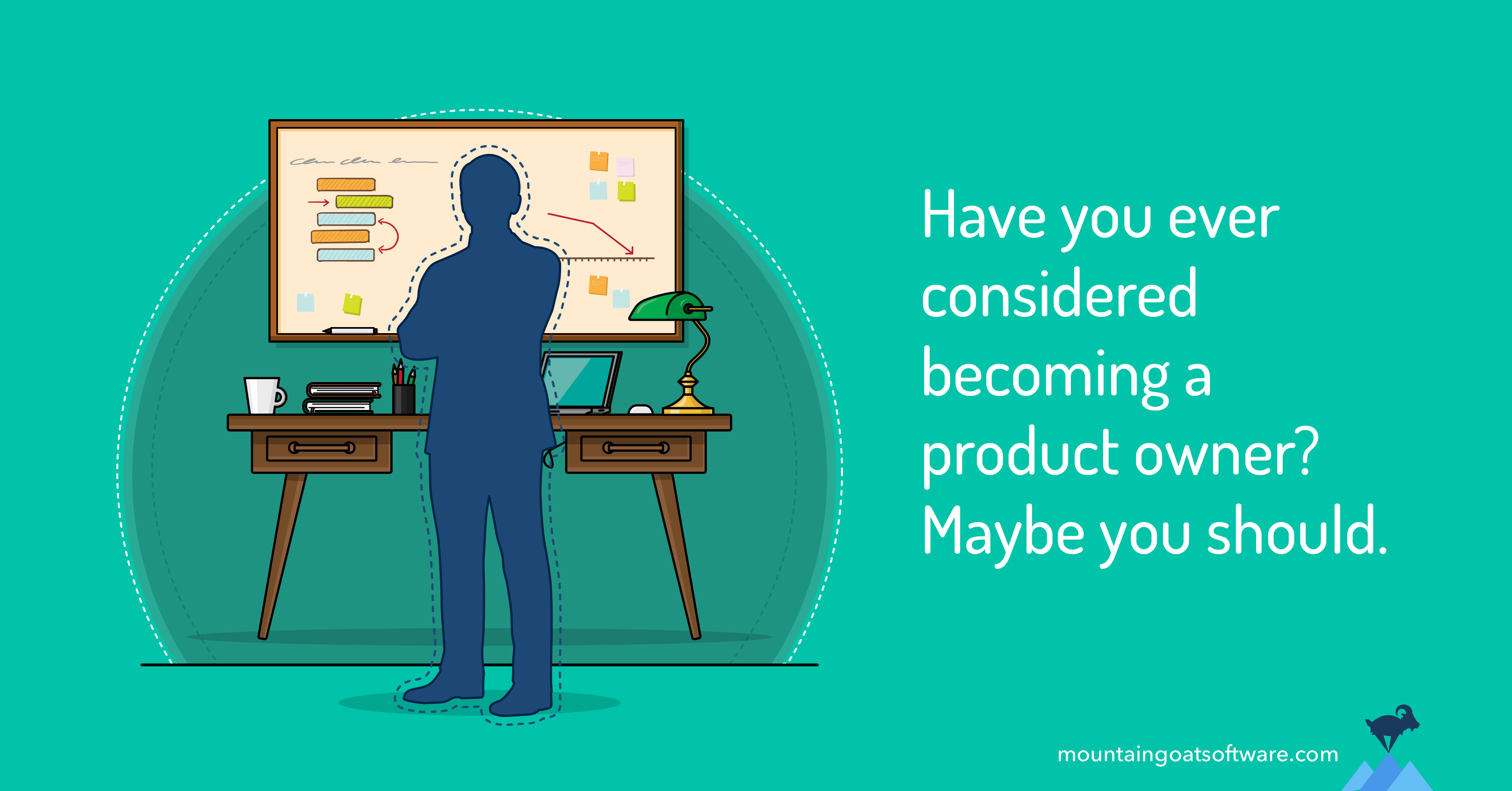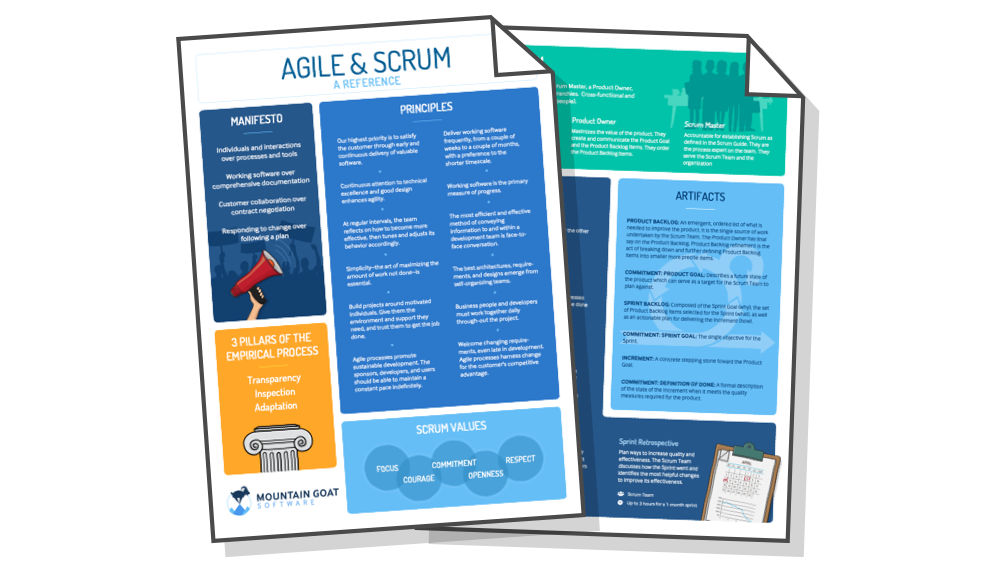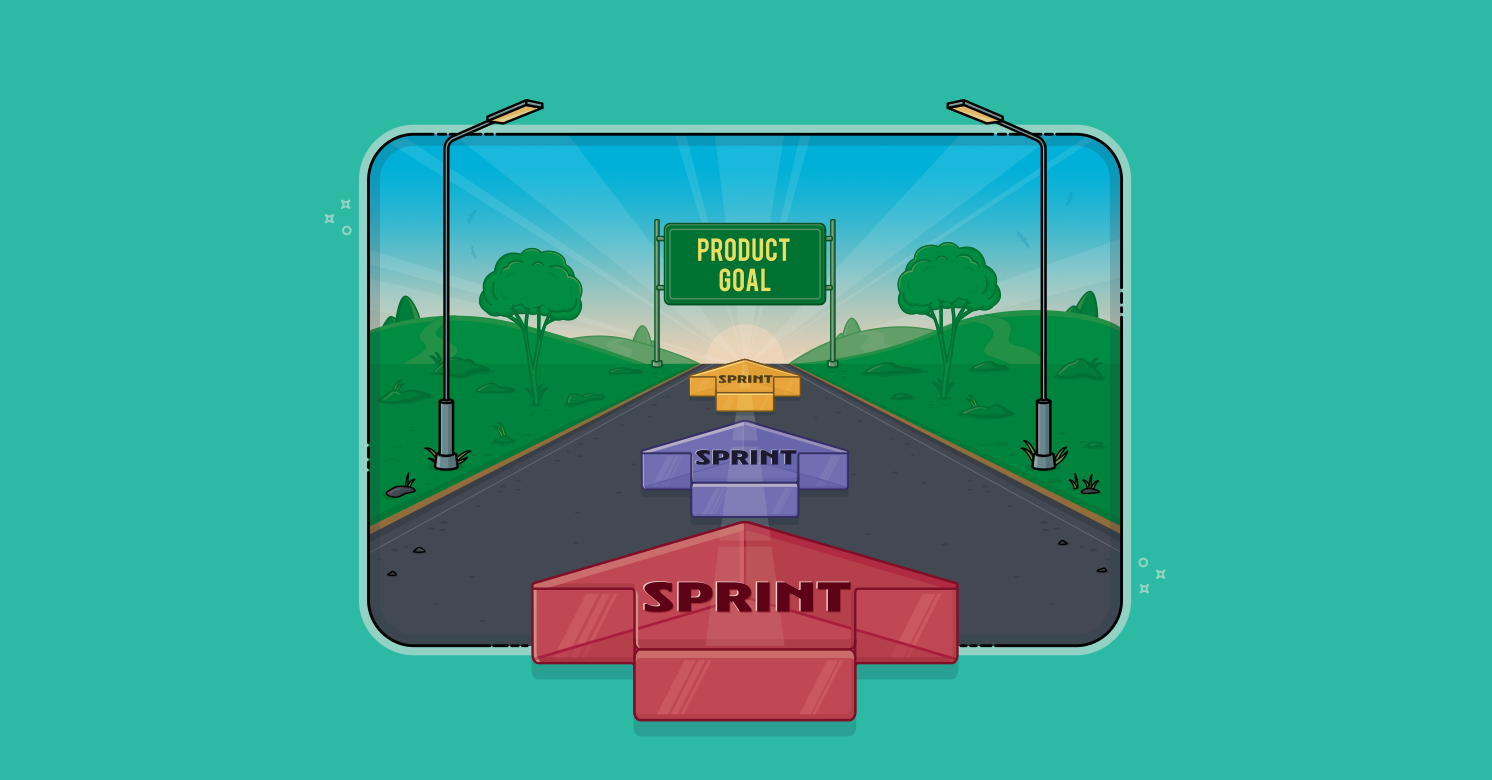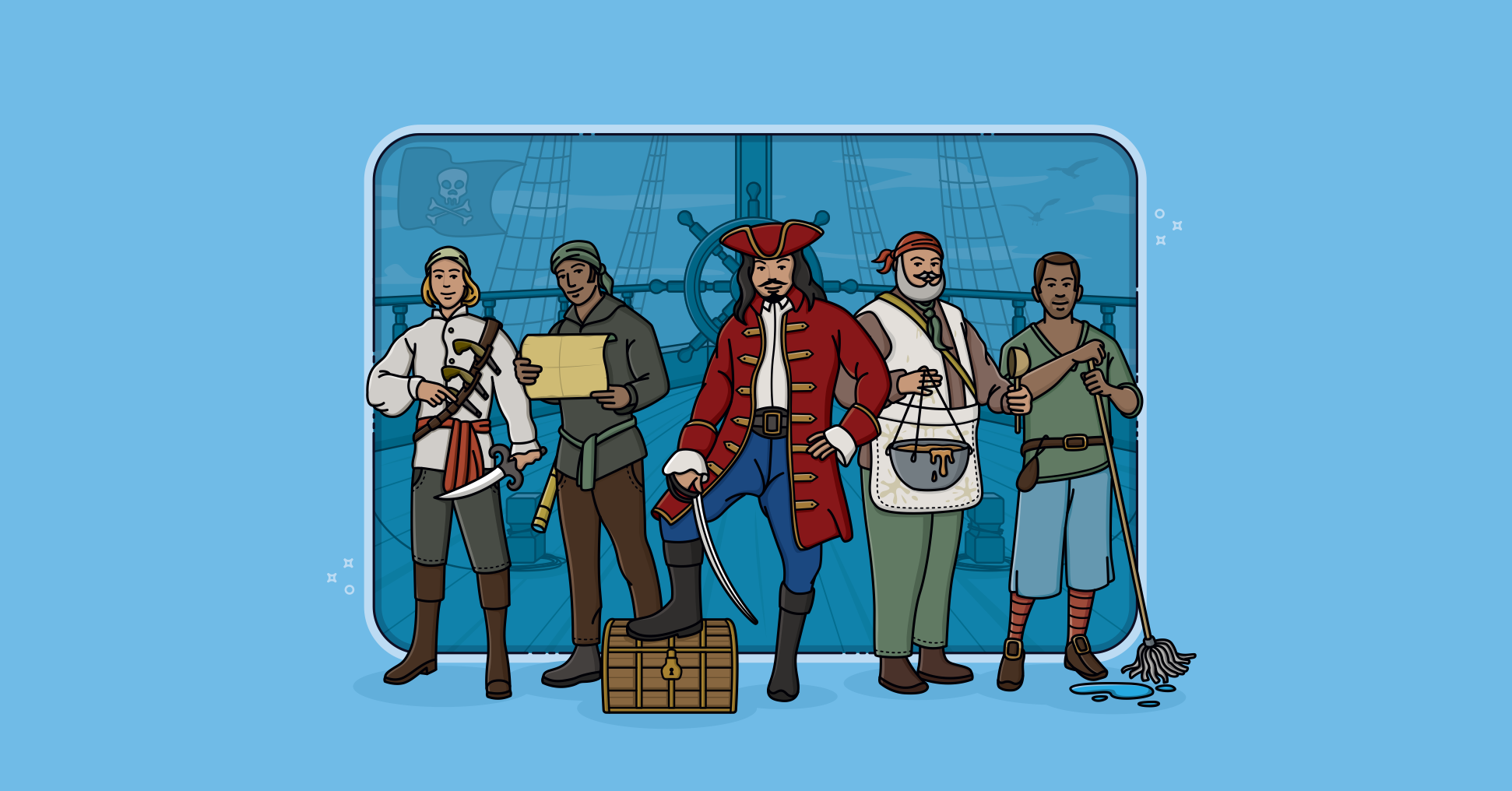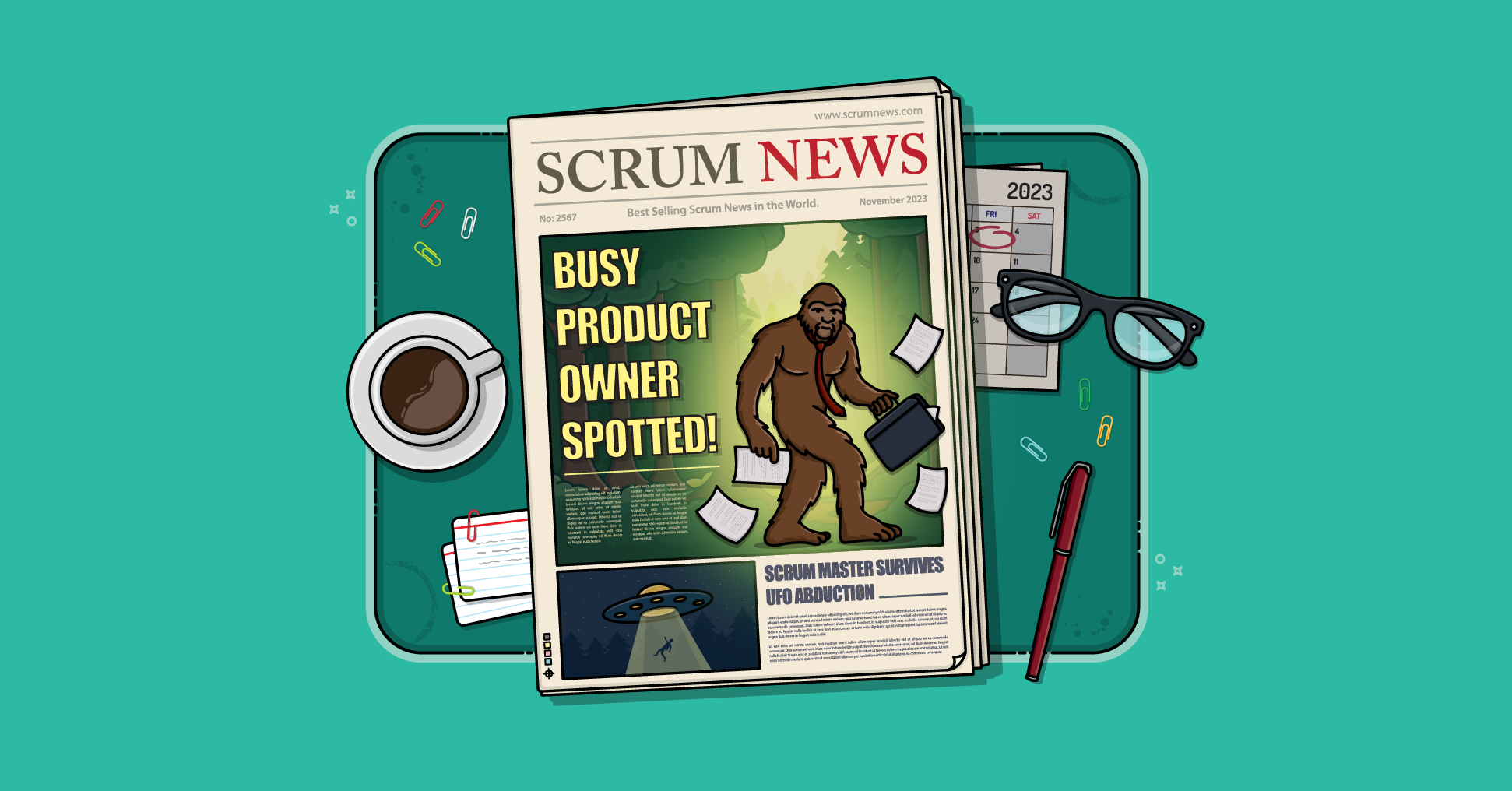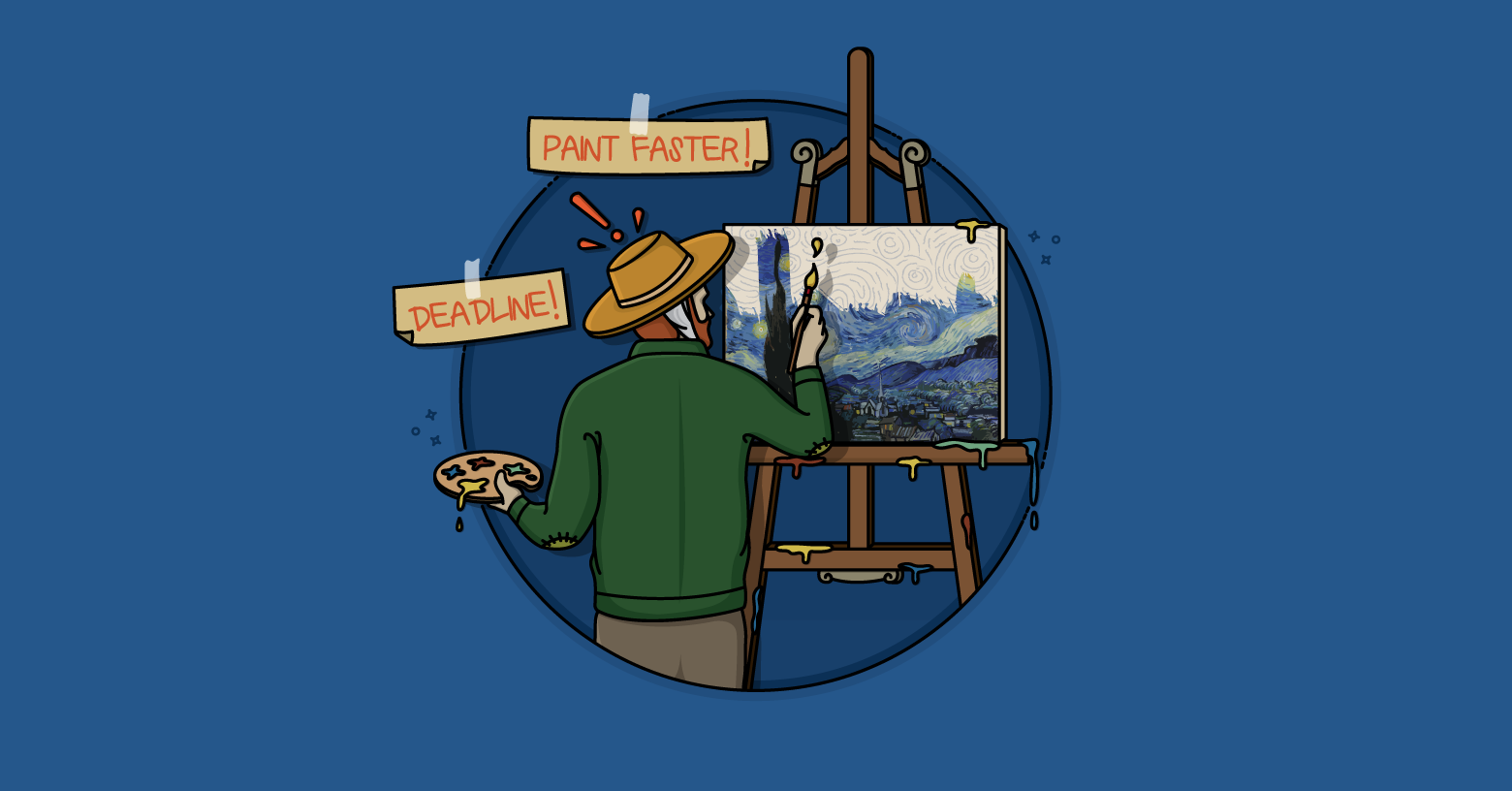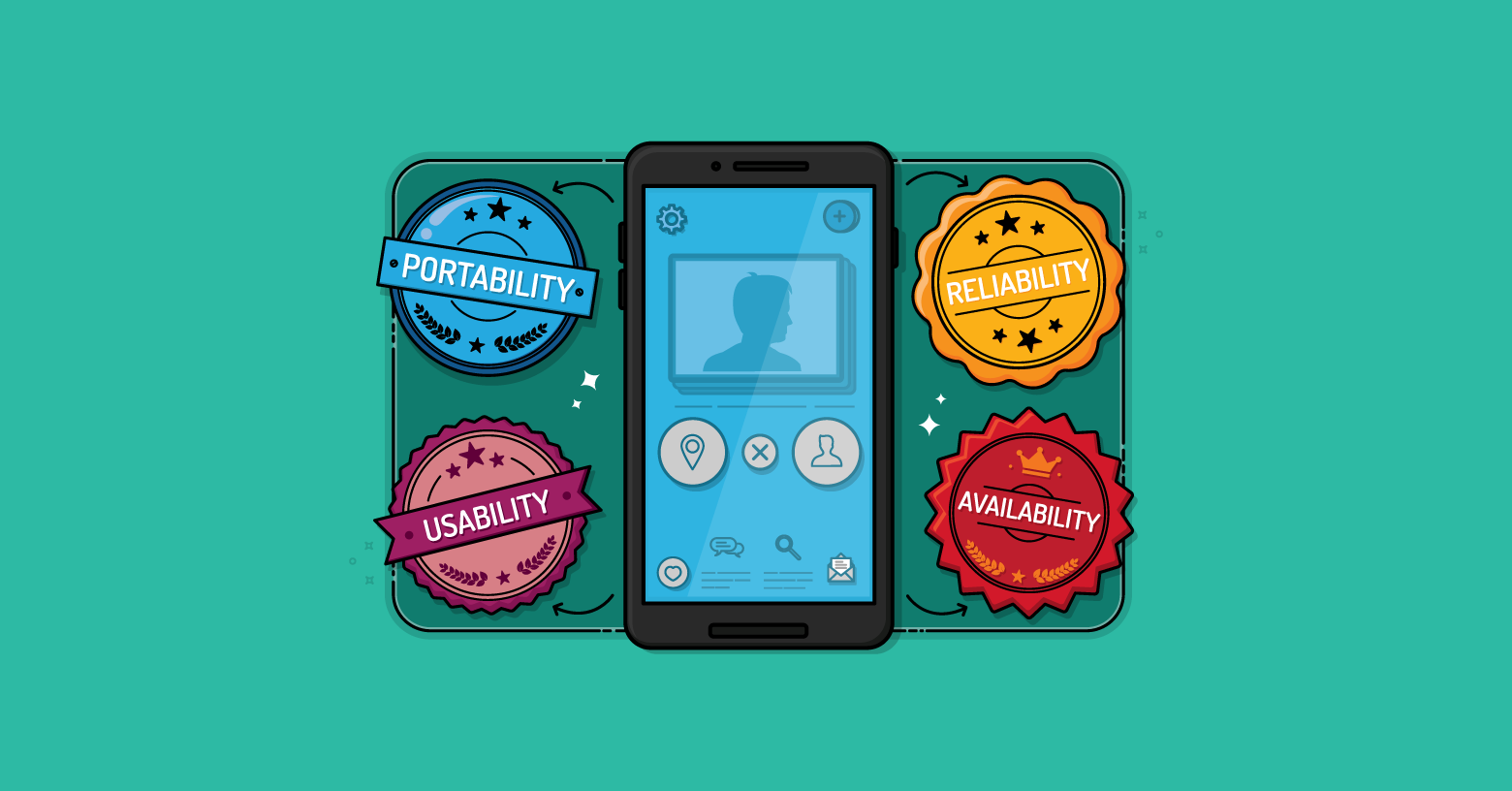Have you ever considered becoming a product owner? Maybe you should.
Product owners work with stakeholders to create a vision of the product they wish to create. They then work with the Scrum team and stakeholders to translate that product vision into an ever-evolving product backlog.
Product owners have the tough job of choosing the highest priority work to do next to ensure they maximize the value they deliver to customers. To do this they must juggle the competing needs of stakeholders, developers, company leadership, and their own ideas.
Being a product owner is a key role in Scrum. It's not always easy but it can be rewarding.
In this video, I'll share the skills needed, which roles often become product owners, and some questions for you to think about to decide if you should become a product owner. If you prefer, you can read the content of the video, posted below.
Product Owner Skill #1: Domain Expertise
One of the most important skills of a product owner is a solid understanding of the industry or domain of the product. I worked with a company developing various medical software products. Their product owners were nurses and medical doctors. These product owners were fantastic, but they would have struggled as product owners for a financial services product.
You have to know your industry.
Product Owner Skill #2: Communication Ability
Product owners need to be good communicators. As a product owner, you will need to communicate with various stakeholders, possibly inside and outside your organization. You'll also need to communicate with team members.
You can be an introvert and be a great product owner, but you will need to talk with people.
Product Owner Skill #3: Vision
Product owners must also be visionary. You don't need to be Steve Jobs, who can see the future 10 or 20 years ahead, but you need to see at least the near future of your product.
Product Owner Skill #4: Decisiveness
To be a great product owner, you must also be decisive. Your team will be under pressure to go fast. They won't be able to if you need to convene a user advisory group meeting to make every decision.
Do Product Owners Need Technical Skills?
I want to mention one more skill that would-be product owners ask me about, technical skills. Should a product owner have spent time as a programmer, tester, something similar?
No, I don't think this is needed. I think good product owners need to be familiar with the type of work the team does and the jargon they use.
As a product owner of a software team, you don't need to know how to code, but you need to know what coding is.
What Are Typical Paths to the Product Owner Role?
Most product owner roles are filled by promoting someone within the organization rather than hiring someone outside it. This is a direct result of product owners needing a deep understanding of the industry, as I've mentioned. Since product owners are often promoted from within, let's look at some of the roles people have before they become product owners.
Business Analyst to Product Owner
The most common move is from business analyst to product owner. A business analyst is often the right hand of the product owner, doing portions of the job to help the product owner. If the current product owner moves on to a new product or company, the analyst often becomes the product owner.
Product Manager to Product Owner (What's the Difference?)
Another common move is from product manager to product owner. There's no industry-wide agreement on the differences between these roles. Most common, however, is that product managers are outward facing, dealing with customers, competitors, pricing, marketing, and so on. Product owners are then inward facing, working with the team and treating the product manager as a stakeholder.
Project Manager to Product Owner
Similarly, a common transition is from project manager to product owner. As organizations adopt agile, project managers often become Scrum Masters, coaches, or product owners.
Product User to Product Owner
A fourth common transition is from a user of the product to a product owner. This is especially common for internally developed software.
Users will often have the industry knowledge required. Those who develop a passion for the product also often make great product owners.
Team Member to Product Owner
Finally, development team members can make great product owners. This is especially true of UX designers and testers.
4 Questions to Ask Yourself Before Becoming a Product Owner
So should you become a product owner? First, you'll want to have the skills I've listed and see a path from your current role to becoming a product owner. Additionally, here are four questions to ask yourself to determine if being a product owner is right for you.
- Do you enjoy talking to people? I've said you can be an introvert, but you'll continually need to talk to users, customers, developers, and various stakeholders.
Being a product owner is not something you can do with headphones on all day or by sending emails and surveys.
- Are you willing to listen to others? As product owner, many decisions will be yours to make, but are you willing to listen to developers who suggest alternatives?
You'll also have users, customers, and stakeholders you'll need to listen to and make happy.
- Can you handle conflict? Those stakeholders you need to satisfy, they won't always want the same things. You will have to listen to their positions and then make some hard decisions.
Not everyone will be happy with those decisions every time.
- Do you relish being accountable for the ultimate success of a product? As a product owner, you will generally have more influence over the success of the product than anyone else.
Last update: September 24th, 2024

